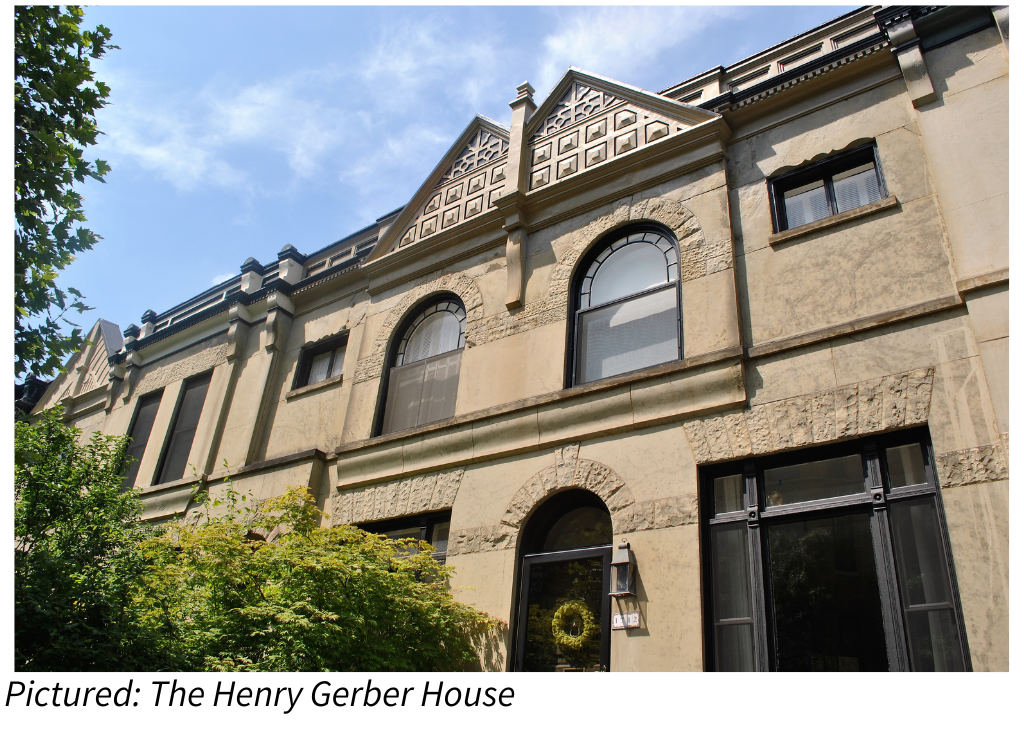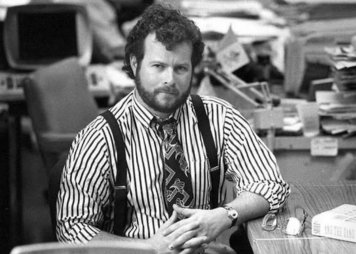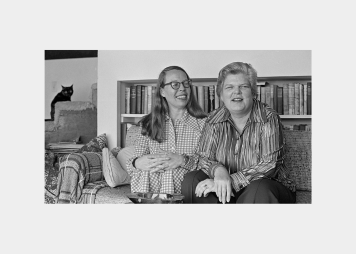Larry Kramer was born in Bridgeport, Connecticut, in 1935. He was a gay rights activist who is credited for changing the response to the HIV epidemic in the U.S.
Kramer went to Yale University and held many jobs involved in film and theater. Notably, he assisted in “Lawrence of Arabia,” and “Dr. Strangelove.” He was nominated for an Academy Award for best adapted screenplay for “Women in Love.”
In the early 1980s, there was an outbreak among gay men of an AIDS-related cancer. Kramer assembled a group of people, including a doctor who noted the epidemic early on, to come up with a solution to the AIDS crisis. The group became known as Gay Men’s Health Crisis (GMHC).
Kramer had a unique activism strategy for the time. He had a reputation for being aggressive toward the U.S. government since the government was responding poorly to the crisis, leading to a greater spread of AIDS. Eventually, Kramer’s strategy led the National Institutes of Health to allow activists to participate in meetings about the crisis. In 1987, at one of the meetings, Kramer called for more immediate action, which led to the formation of the AIDS Coalition to Unleash Power (ACT UP).
ACT UP protested and held demonstrations to raise awareness about HIV and AIDS. The organization held a blockade of Wall Street after the only approved HIV drug was being prescribed at $10,000. After several more months of protests, the price was reduced to $4,000.
After several years of activism, Kramer went back to screenwriting. He wrote a play, “The Normal Heart,” about his experiences as an activist. n 2020, Kramer died at the age of 84, and will forever be known as the person who changed the narrative around the AIDS crisis.



